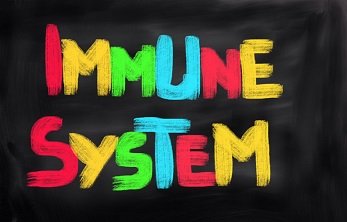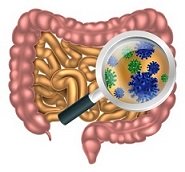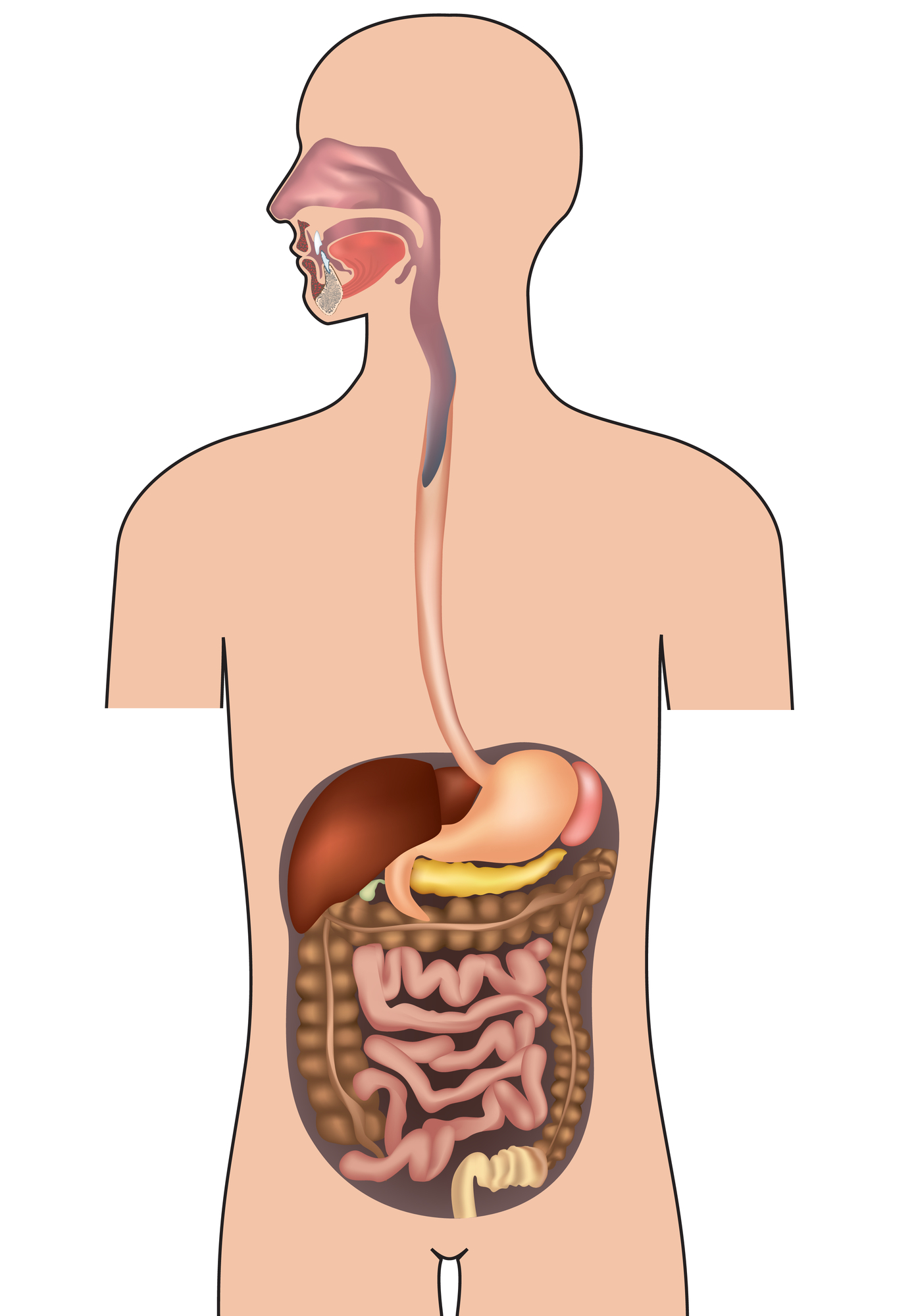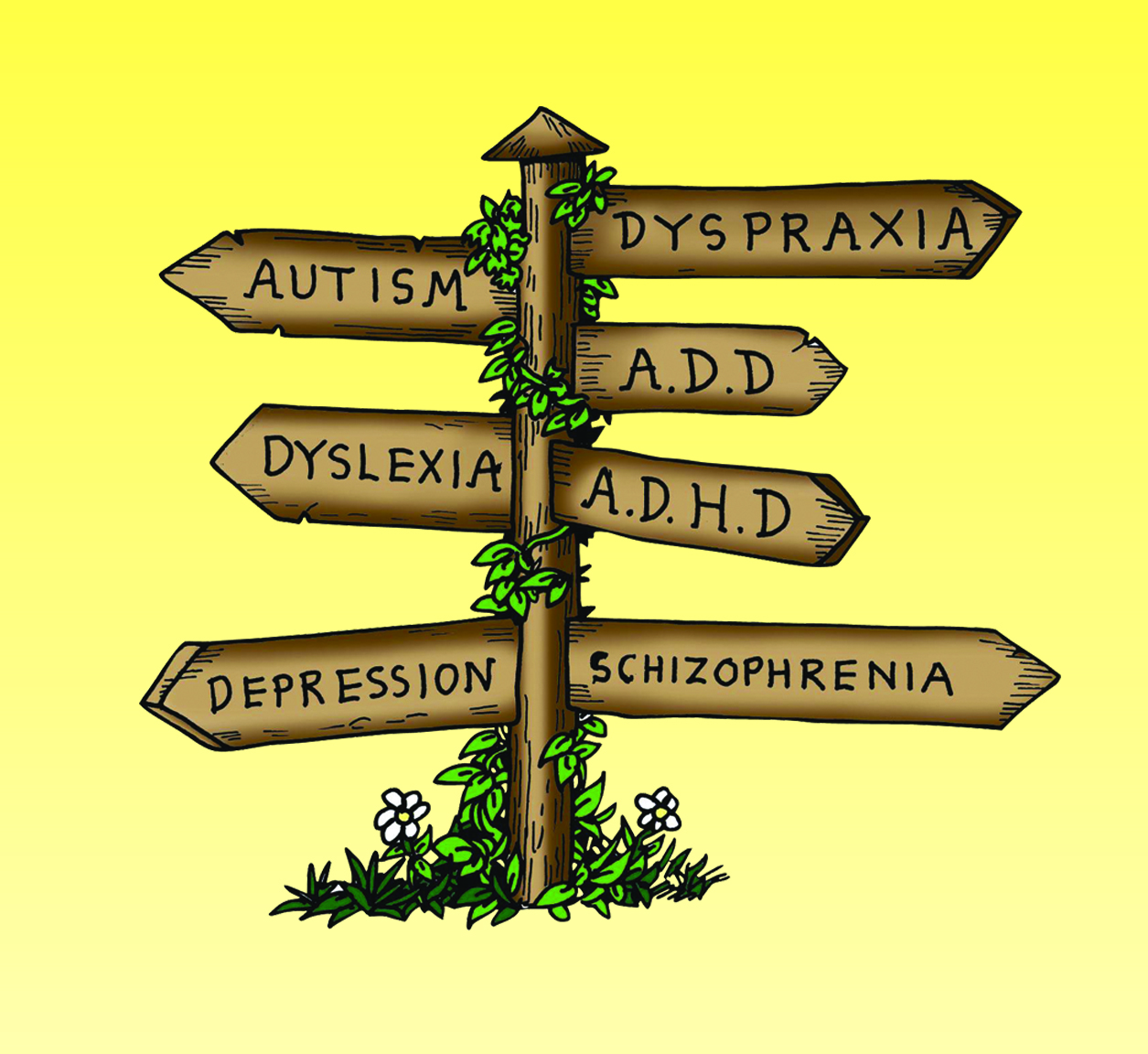Healthy Gut Flora and the Immune System - How Do They Impact Each Other?

Healthy gut flora and the immune system, both cooperate intimately, like a great teacher working with students. What does that mean to you and how it is going to benefit you and equally important benefiting and your loved ones.
The gut flora is the great teacher and the immune cells are the wonderful students who have been taught well what to attack and what not to attack, what is friendly, and what is not.

This is, of course, a simplification analogy but the point for your to realize is that if you have an unhealthy gut flora then there will be a domino effect sooner or later not only
the immune system will be negatively impacted but many other organs and tissues in the body. So let me share with you the...
What Are the Benefits of Healthy Gut Flora?

Gut flora benefits not only the immune system but basically, everything in the body is positively or negatively affected and directly or indirectly. Here are some:
1- Healthy gut flora is a community of bacteria, viruses, fungi, flukes, worms, and other microbes that can protect us from pathogenic microbes and neutralize toxins that we consume in foods and inhale through the respiratory system.
2- A biofilm is created by the gut microbiome and part of this biofilm is mucus which is produced by the gut wall. This creates a physical fortress or a shield protecting the deeper layers of the gut wall from foreign invaders who want to cause harm.
3- A balanced gut flora inherited from the parents (mom in particular) to the newborn is critical for the baby’s immune system. This healthy gut flora that coming from the mom through normal birth delivery will become an integral part of this child.
This commensal community of microbes will provide the necessary teaching tools for the immune cells to learn.
4- Your Healthy gut flora produces numerous vitamins so you are not only getting your nutrients from food but the gut flora produces regularly so you can function during the whole day without eating constantly.
5- the gut flora is considered another endocrine organ because of its ability to produce hormones that can affect us emotionally and mentally in every way possible. Please read my gut-brain connection article to learn more about it.
The more the scientist learn about the gut flora the more they realize that these little critters are in charge. After the Human Project Microbiome started in 2007 scientists estimate between 60% to 90% of the cells in the human belong to the microbes that inhabit our bodies.
So in one way, we are a habitat for these microbes. As long as you are managing them adequately with a proper diet and avoiding things that damage the gut flora like antibiotics and contraceptive pills to name a few then your gut flora and immune system will shield you from various pathogens and toxins.
You will also get other health benefits from having a balanced microbiome in your digestive system.
Contraceptive Pill and Gut Flora - Any Negative Effect?
So the question is, does the pill affect your gut health? Taking pharmaceutical medication does affect your microbiome and the contraceptive pill is no different.
Which leads to how birth control pills (BCPs) impact your gut health eco-system? Let’s analyze the pill and what it does in the reproductive system first and then move to the next analytical point because it is a bit complicated to explain.
The pill contains two man-made hormones; progestin and estrogen. These man-made hormones are similar to the natural ones in the human body but not identical when you look at the biochemical structure and these hormones’ role is to disrupt the menstrual cycle by taking the pill regularly as instructed in the package.
Naturally, the two hormones (estrogen and progesterone) levels fluctuate in the woman’s body but the pill will lead to an artificially constant level of the two synthetic hormones.
In simple terms, these constant levels prevent the woman’s reproductive system from ovulation, and without ovulation, there is no egg for the men’s sperm to fertilize, thus. no pregnancy. Then how is the contraceptive pill affecting the gut flora?
There are metabolites after taking these synthetic hormones and they interact with the gut flora where some women start to have overgrown yeast (candida) in the mouth and vagina and this is known as gut dysbiosis or imbalanced gut flora. So is it possible the birth control pill causing it?
One meta-analysis study explains how contraceptive pills can increase the risk of inflammatory bowel disease or IBD (1). IBD, Crohn's disease, and other chronic inflammation disorders stem from an unhealthy gut, period.
These two natural hormones have many roles in the body and one of them is to regulate peristalsis in the intestinal tract. So the ingested food keeps traveling from the mouth and all the way to the rectum to be excreted (aka poop).
So this leads us to the next question...
Can Contraceptive Pills Cause Constipation? Or Diarrhea?
The answer is yes if your natural hormone production rhythm is disrupted. Estrogen stimulates contractions by increasing gut motility, so too much estrogen can cause diarrhea. Progesterone has the opposite effect, it decreases the movement or contraction of the intestinal tract and too much of it can cause constipation.
If you are taking the pill for years then you may develop chronic constipation. This can lead to compacted stool, overgrowth of pathogens (gut dysbiosis), and getting poisoned from the inside.
One interesting discovery scientists found during the Human Microbiome Project is natural estrogen hormone is strongly connected to the gut flora where there is a subgroup of bacteria referred to as Estrobolome which are responsible for regulating the hormone estrogen(2) not only in women but men too.
Estrobolem can be impacted because again the pill changes the natural flow of estrogen in the woman’s body and damaging the balance of this subgroup of bacteria.
Another indirect negative effect on the gut health from birth control pills is it causes nutritional deficiency in the body (3), such as,
- Vitamins B2
- Vitamin C
- Vitamin B12
- Vitamin E
- Vitamin B6
- Macro mineral Magnesium
- Trace minerals Selenium and Zinc.
So contraceptive pills and gut health don’t go together and this goes for all medications and their adverse impact on the gut microbiome. for any woman who still wants to continue or start taking the pill, it is a good idea to be aware of these possible side effects and being aware of your body’s reaction to them in the short term and long term too.
Sources







